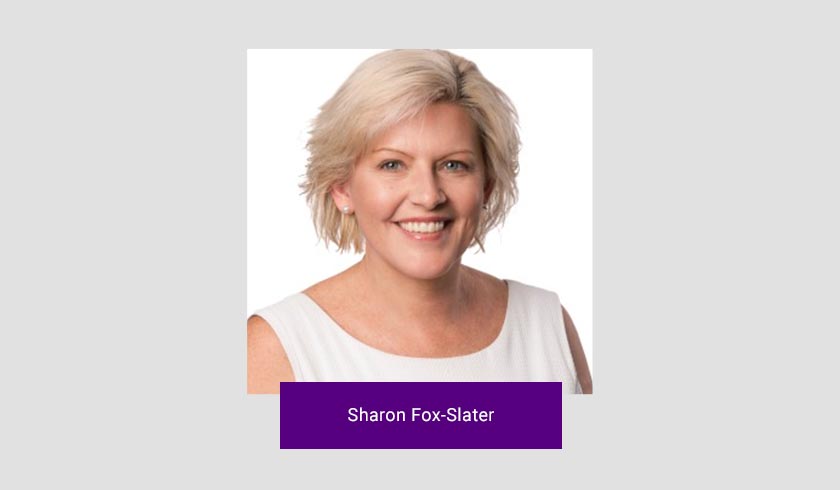Is your property manager a help or a hindrance?

So, what is the difference between an average PM and a great PM? Well, it is in the details! And there are common characteristics that set PMs apart in the eyes of landlords including exceptional communication skills, value for money, professionalism and experience, proactive management, best use of tech, flexibility and backed by a great team.
But from an insurer’s perspective, there are seven characteristics that make for a practically perfect PM. We suggest landlords keep an eye out for these when engaging an agent to manage their investment property:
- Knows the rights and obligations of landlords and tenants
Having the licences to practice is one thing – being up to date on legislation that governs rental properties in your state/territory is another. And when it comes to landlord insurance, it’s important for your PM to know the ins and outs of rental laws when it comes to tricky matters like evictions. If a PM is not aware of the rights and responsibilities of all parties when it comes to terminating leases, any claim the landlord may need to make on their insurance can be delayed or even jeopardised. If your PM has to go to tenancy tribunal to protect your rights as a landlord, it is important they understand the tenancy laws and are competent to represent you.
- Vets tenants expertly
Aside from the wrath of Mother Nature, the biggest risks for any rental are tenant related e.g. rent default and damage. This makes tenant selection a key responsibility for PMs and failing to properly screen potential renters can have devastating impacts on landlords. Ask potential PMs if their agency has a tenant database, how many tenants are on it and how will they use that database to find the best tenants for your property. Importantly, check how tenants are selected and screened – ask to see their screening checklist and the tenant application form used. Get them to explain their system for checking prospective tenant’s credit worthiness, rental history and employment.
- Regularly inspects the rental
Once the tenants are ensconced at your rental, the PM should inspect the premises after three months, and then at six-monthly intervals. By regularly inspecting your property they can ensure you are kept informed of any issues that require attention (like maintenance), or raise red flags about the tenants and their use of your investment. HOT TIP: Regular inspections are often a requirement for insurance cover to be maintained too.
- Keeps on top of rental arrears
Loss of rent is the most common claim made by landlords on their insurance policies. Left unmanaged, the costs can quickly blow out, potentially leaving landlords out of pocket. Ask potential PMs if they have a system that checks for rental arrears daily and ensures they take the appropriate action immediately. There are also obligations under insurance to minimise losses and your PM being tardy in chasing up arrears could impact any claim for loss of rent you make.
- Considers property maintenance a priority
Ensuring repairs are made within legal timeframes and the investment property is properly maintained not only keeps tenants on side (and landlord compliant with laws), but helps protect your insurance. There is a clause in practically all building insurance policies that relate to maintaining the premises. Failure to do so could mean you are not covered. HOT TIP: Make sure when your PM contracts tradies to undertake repairs or maintenance, they ensure the tradie has their own insurance and appropriate licences in place to safeguard your insurance (there are often exclusions relating to faulty workmanship).
- Advises on liability issues
Safety and security at the rental is paramount as they pose liability risks. Once your PM has properly screened tenants and ensured a solid lease arrangement is in place, they should keep you fully up to date on the condition of the property at all times in order to minimise any liability risks. They should conduct regular property inspections thoroughly and carefully, fully documenting inspections and providing you with inspection reports so you can address any existing or emerging liability risks.
- Understands the value – and role – of landlord insurance
The best PMs will discuss the financial risks a new landlord may face and how to manage these risks via a comprehensive landlords’ insurance policy. From fire and flooding to rent default and malicious damage, landlord insurance can offer extra protection when things go wrong. While landlord insurance is not a substitute for good management, is it a financial safety net for unforeseen incidents.
Sharon Fox-Slater, managing director, RentCover
